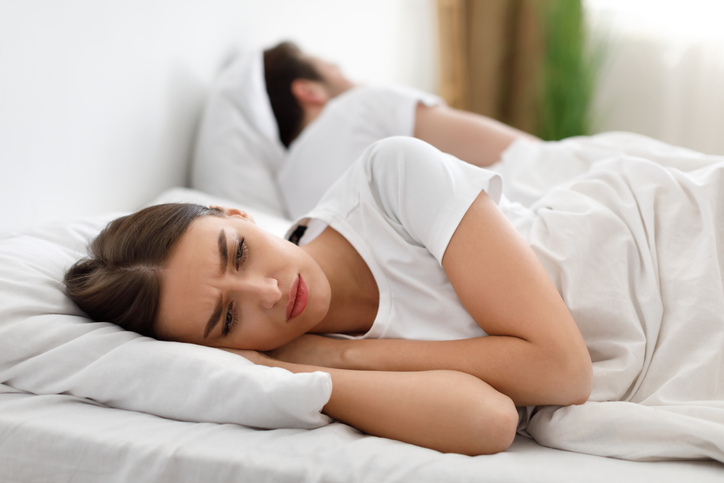Do You Need Testosterone?
Despite celebrity endorsements this is not a hormone to be taken lightly, so do you need it?

Most women know that their predominant sex hormones are progesterone and oestrogen, but we also share a hormone in common with men.
Testosterone belongs to a class of male hormones called androgens, but women also have testosterone as relatively small amounts of it are released into the bloodstream by the ovaries and adrenal glands.
A hormone is a substance secreted by one tissue and travels by way of body fluids to affect another tissue in your body, so they act as “chemical messengers.”
The amount produced changes daily and can vary from hour to hour and even minute to minute. This explains the variations in the intensity of symptoms many women experience, as hormone release varies between night and day and from one stage of the menstrual cycle to another.
Why testosterone at menopause?
The issue of testosterone supplementation comes up frequently, with claims made that it could work like Viagra for women and help with the menopause for libido, brain freeze and depression.
What recent publicity has focused on is the effect testosterone may have on libido, but this ignores the major role that that progesterone has to play as it has a key role in womens sex drive as well as ‘brain fog’ and mood.
Progesterone is key for maintaining sex drive, and is actually a precursor for testosterone so if needed the body can produce it in greater quantities.
Libido is a tricky one to get right as so many factors, both physical and emotional, can be involved and although certainly it is true that libido declines at menopause that also has to do with other factors that come into play.
Why not testosterone?
There have always been reservations about prescribing testosterone for women because of its side effects. For instance, if your body produces too much testosterone, you may have irregular or absent menstrual periods, and this is also linked to PCOS (Polycystic Ovary Syndrome).
Increased body hair and male pattern baldness are also seen with high testosterone levels, and other possible effects include acne, an enlarged clitoris, increased muscle mass, and a deepening of the voice.
Certainly bioidentical experts do not agree that testosterone is a natural solution for low libido and other menopausal issues. Dame Dr Shirley Bond is one of them and is very experienced in womens hormonal health as she has been prescribing bioidentical hormones for many years. She had the following to say:
“It’s important to remember that testosterone although it may seem to increase libido in some women is not a woman’s natural libido hormone. For women libido is increased at ovulation by an increase in progesterone. The pro-gestation hormone.
Also many women find that unnaturally increasing their testosterone can cause hair loss, aggression and acne.”
Testosterone supplementation is not advised in women with breast or uterine cancer. It also may increase the chances of cardiovascular disease or liver disease.
So experts are cautious about recommending it, given what we know of its effects, but it may be helpful in small doses for some women but only under direct medical supervision.
As there is no product specifically for women licensed in the UK you will be offered smaller doses of products designed and intended for men.
Helpful information:
In a Mail on Sunday article on the subject of testosterone for women they say that doctors and scientists state there is no evidence to justify most of the claims regarding testosterone.
As progesterone can increase sex drive in women, many can find it helpful to raise their levels with a bioidentical progesterone cream.
However, if you also have vaginal dryness you may find a combination cream of both progesterone and oestrogen more effective.
You may also find that the following article offers you some new insights on the subject.
https://anna.blog.wellsprings-health.com/are-any-of-these-killing-your-sex-drive/


















